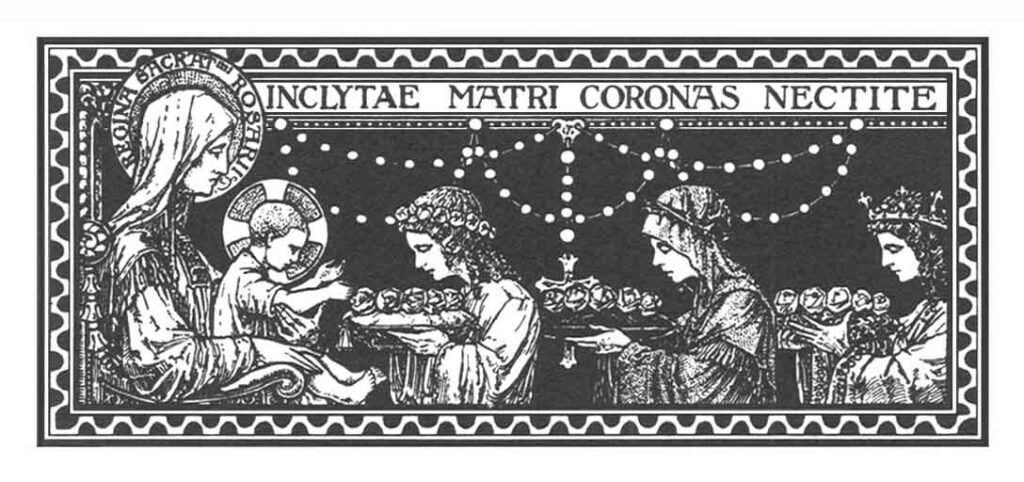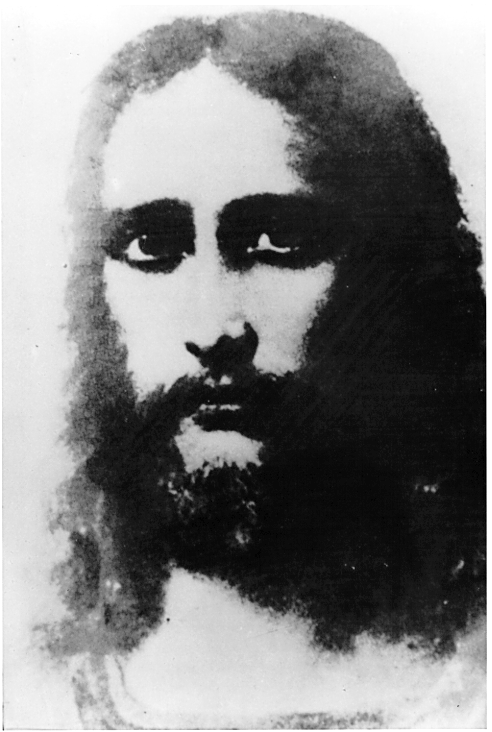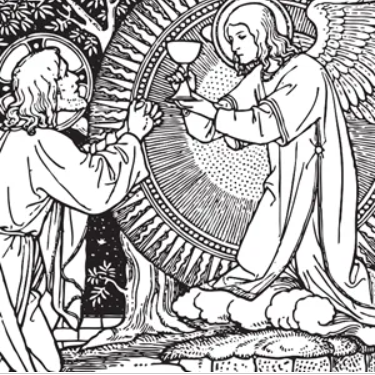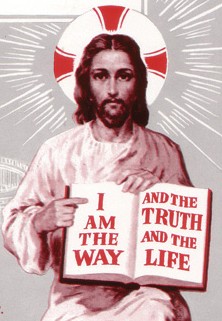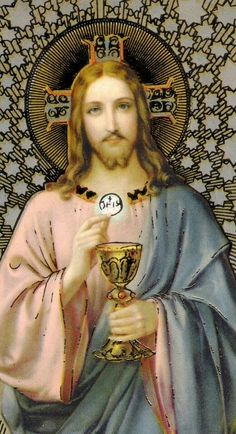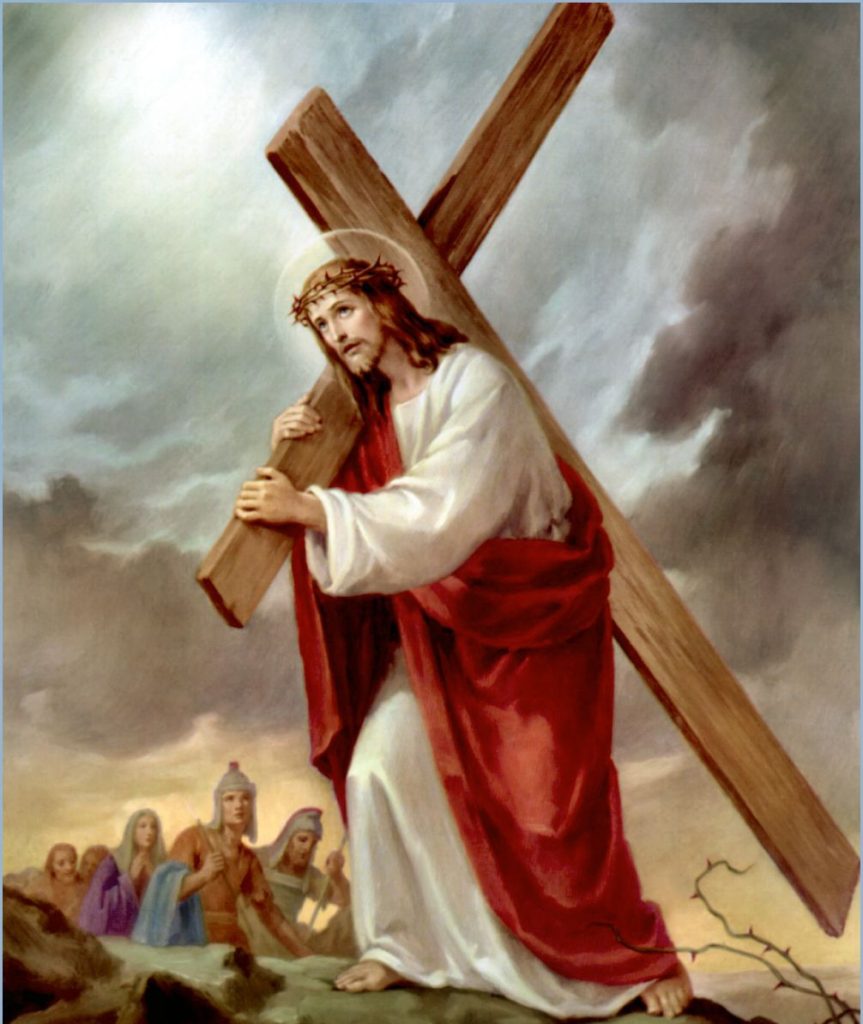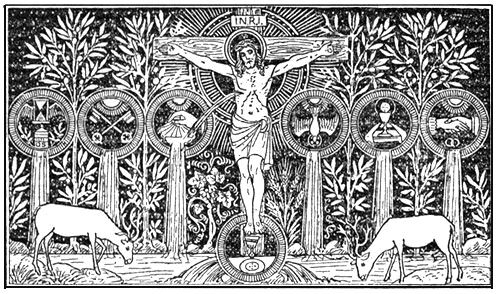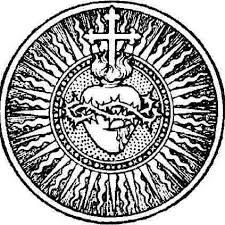As of February, of 2024, it had been about six months since a distraught woman had wandered onto our ten-acre property. On that day I was working from home. The dogs sounded particularly agitated, so I went out to see what had them excited. I walked to the edge of our fence and heard a short distance away, the sound of a very tense conversation between an agitated woman and two men trying to calm her down. Our property is a very wooded area, so I could not see what was going on. From the sound of things, it was not something I felt comfortable investigating, so I walked back toward my house. My wife met me outside and told me to come indoors quickly. I did not notice at the time that there were over ten police vehicles parked on our circle drive.
Earlier that morning, about two miles away from our property, a woman was reported by her neighbors to be walking around outside her home carrying a pistol in her hand and threatening to kill herself. The neighbors reported this to the police. As the woman wandered away from her home, the police, who had begun tracking her on foot, followed her to where she ended up on our property. The tense discussion I had heard were two police officers trying to calm the woman down and have her surrender her firearm.
The police had come to our door to tell us to lock our doors because of this situation. A negotiator was brought in, and the standoff lasted what felt like several hours. My family and I prayed off and on during that time for a peaceful conclusion. During that time, I still had the responsibility of carrying on my workday, but also remaining mindful of keeping our children away from windows and closer to the end of the house furthest away from the police negotiating with the woman with the gun.
After some time, a gunshot was heard, and we soon saw paramedics carrying a stretcher into the woods. It seemed clear what had happened, so we began to pray the Divine Mercy Chaplet for the woman. Moments later we saw them carrying the wounded woman out of the woods and toward the ambulance. We had seen her move her body somewhat. We finished praying the Chaplet for the woman to receive God’s mercy before she died. We had learned from one of the officers who came to our door that the woman had shot herself in the head. The officers, and particularly the negotiator, appeared deeply upset at the outcome, as we all were. It was a tragic moment. The police and the ambulance lingered for some time on our circle drive and eventually began to depart. We did not understand why they were not rushing the wounded woman off to a hospital and it appeared like a hopeless situation.
It was not until February that we heard anything more about this terribly unfortunate event. It also happened in February that my wife had gotten severely ill, so much so that I had to take her to the ER. Fortunately, she got the medical attention she needed and was sent home the same day. During the time she was severely ill and during her recovery I reflected on how it seemed that despite my many prayers for the health and safety of my family, that there still ended up being moments of having to watch them suffer. On top of that, there were other things that seemed to have piled up that were a cause of deep suffering for my relatives back in Texas. There seemed to be a dark pall over everything.
During this time our home received an unexpected visitor. An officer from the Sheriff’s dept came to our property. My wife was still in bed recovering so I went to greet the officer. The officer had come to ask some questions as part of an investigation that was ongoing concerning a legal matter involving a neighbor that lived close by. I answered what questions I could and a moment later my wife came outside to join the conversation. She answered some questions as well. My wife had the presence of mind to ask the officer if she knew what had happened to the poor woman who shot herself. To our astonishment, we learned that the woman survived the self-inflicted gunshot wound to her head.
There is no way of fully comprehending in what manner, or when God chooses to answer our prayers. I remembered how in that moment six months prior, it seemed at least by human reckoning, that there would not be much hope in the survival of that poor suicidal woman, but we nonetheless, in charity, offered our prayers for her salvation in what seemed would be a probable death.
At the crux of all this is a mystery that I have very often encountered throughout the years after my conversion. There have been many times when there have been inexplicably heavy palls shrouding one’s sense of hopefulness. February of this year was such a period. Between the sickness of my wife, and a series of calamities besetting my family in Texas, and a close friend there as well, it all seemed like a sort of “Gethsemane”, in miniature. It did not occur to me at the time, but I have found that in the midst of these crucibles, that there very often seem to be at some point, a dramatic manifestation of the power of God’s arm in his providence within these moments. The news of the survival of the woman who on our property had attempted suicide months back, was just such a manifestation.
God’s providence is his love for us. The manifestation of His love in these events recalls to my mind how Saint Catherine of Siena described her experience in her relationship with Christ, as living immersed in His wounds, and in moments, permitted to emerge from them, that she may behold His face.
